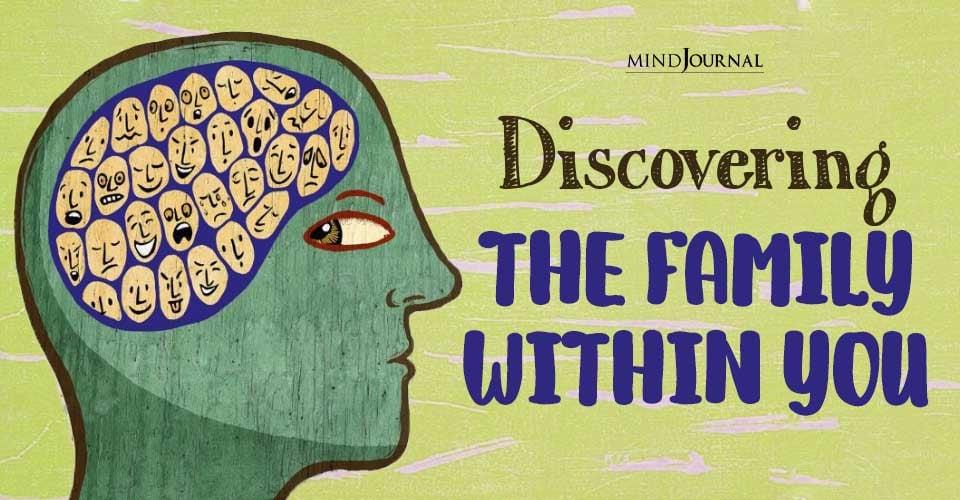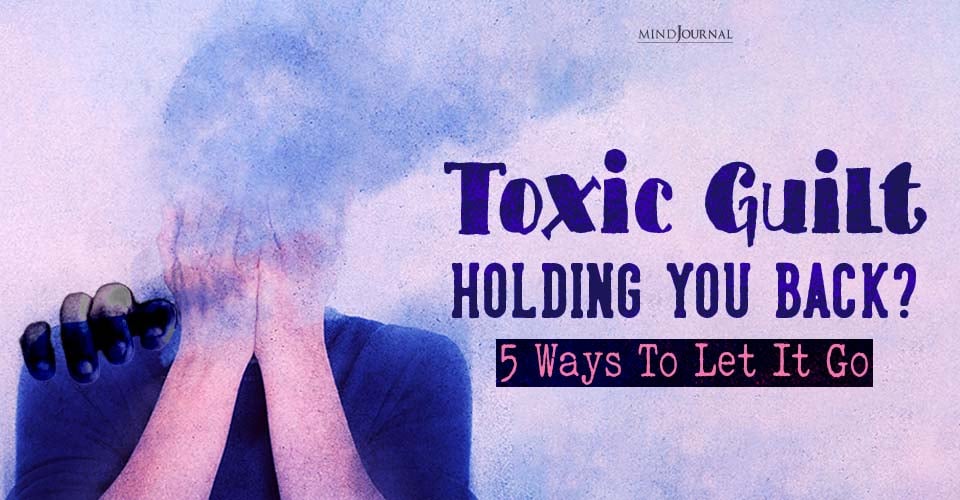We’ve all been there. You’re chatting away, telling a friend about your crazy weekend, and then—oops—you realize you just dropped way too much personal info. You’ve probably overshared more times than you’d like to admit. Now you are thinking, how to stop oversharing?
Whether you’re spilling the beans at work or on a first date, we are going to talk about learning the art of self control, signs you are oversharing, and most importantly, how to stop oversharing.
So, are you ready to stop overloading people with TMI? Let’s dive in!
Related: What Should You Never Tell Your Therapist? 10 Things To Be Careful About During Therapy
Why Do I Overshare?
Let’s start with the big question—why do we even do this to ourselves? Well, the habit of oversharing often comes from a good place.
Maybe you’re super excited to connect with people and share what’s going on in your life. Or, you could be the type who wears their heart on their sleeve.
Sometimes, we overshare because it feels good to be open and honest. But there’s a fine line between being open and unloading all your baggage on everyone around you. And if you’re not careful, it can leave people feeling overwhelmed or awkward.
So, while being an open book is cool, just make sure you’re not writing out the whole novel for every person you meet, and that’s why it’s important to know the signs you are oversharing.

8 Signs You Are Oversharing
1. You Share Too Much at Work
So you’re at the office, talking to your coworker about your weekend plans… and somehow you end up telling them about your crazy ex, the fight you had with your cousin, and how you’re battling a cold. Yikes.
Oversharing at work is a classic move. We all want to be relatable, but oversharing with coworkers can get awkward fast.
Remember: the break room isn’t your therapy session. Keep it light and professional unless you really know someone well enough to dive deep.
2. Your Social Media Feels Like Your Diary
If your Facebook, Twitter, or Instagram account is basically a running commentary of your entire life, including every high and low, you might be oversharing online. You know what’s worse than posting too much?
The fact that anyone, including strangers and that ex you’re trying to forget, can see it. Just because something is on your mind doesn’t mean it needs to be posted in real time.
Next time you’re tempted to share your relationship drama or your latest meltdown, ask yourself: “Do I really need the world to know this?”
3. You Tell Every Detail of Your Day
One of the major signs you are oversharing is this. We all have that friend who can’t tell a story without going into full detail, right? “And then, I went to the grocery store… and the line was never ending… and there was this man…” You understand where I am going with this?
When you have the habit of oversharing, you tend to go into way too much detail about things that just don’t matter. If you’re recounting your entire day to someone who isn’t really asking for it, you might be crossing the line.
Keep it concise, and don’t feel the need to narrate your life like it’s a reality show.
4. You Open Up to Strangers (Too Much)
We’ve all met someone new and instantly felt comfortable sharing a bit about ourselves—sometimes too much.
But if you’re telling a complete stranger things like your latest breakup story, your personal insecurities, or your most embarrassing moments, you’re oversharing.
Not everyone needs to hear your life’s plot twists on the first conversation. Save that stuff for friends who actually know you and won’t judge you for your weird quirks.
Related: The Zen Masters: 3 Zodiac Signs That Mind Their Own Business
5. You Keep Talking Even When People Aren’t Interested
Ever been in a conversation where you can tell the other person is zoning out, but you’re still talking? Yeah, that’s one of the signs you are oversharing.
If someone’s body language says, “I’m bored,” or they’re just nodding without actually engaging, it’s a red flag. Stop talking!
No one wants to hear a 20-minute monologue on how your dog got into your trash. Being aware of how the other person is reacting can help you dial it back.
6. You Share Your Problems to Get Sympathy
We’ve all used oversharing as a way to gain sympathy. Who doesn’t want a little emotional support when life gets tough, right?
But if you’re constantly bringing up your personal struggles in every conversation just to get attention or validation, it might be time to rethink your approach.
Friends are there to listen, but they don’t need to hear about every single bad day or personal drama you’ve got going on. It’s fine to vent occasionally, but don’t make it a habit of using people as your emotional crutch.
7. You Overshare Without Realizing It
Sometimes, you’re just talking away, not realizing you’re crossing the line into oversharing territory. You start telling a friend about your day, and suddenly, you’re discussing your childhood trauma or some random health issue.
If you don’t stop yourself in time, you might regret it later. If you notice this happening often, it’s a sign that you’re not thinking before you speak.
A little pause and self-awareness can go a long way in keeping your private life, well, private, and help you learn the art of self control.

8. You Regret What You’ve Shared Later
This is one of the biggest signs you are oversharing. If you find yourself cringing about something you said in a conversation hours (or days) later, chances are you overshared.
That feeling of regret isn’t just uncomfortable—it’s a sign that you might’ve gone too far. Everyone has that “Why did I say that?!” moment, but if it’s happening regularly, it’s time to reel it in and start thinking before you spill.
Related: How To Get Someone To Like You Without Devaluing Yourself
How To Stop Oversharing: 6 Strategies For Learning The Art of Self Control
1. Hit the Pause Button
Before you spill your guts to anyone, take a second to think about it. Seriously, just pause for a moment and ask yourself: “Do they really need to know this?” If you answered no, then maybe it’s better to keep it to yourself.
This little pause can save you from regretting what you said later on.
2. Set Boundaries Like a Boss
How to stop oversharing? Boundaries are your best friend when it comes to the art of self control. You don’t have to tell everyone everything. Set some guidelines for yourself—decide what’s okay to talk about and what’s off-limits.
For example, your financial situation, health struggles, and relationship woes are generally better left to close friends.
Having clear boundaries helps you avoid accidentally oversharing with the wrong people.
3. Be a Good Listener
A conversation is a two-way street. If you want to stop oversharing, try turning the focus to the other person. Ask them about their life, their opinions, and their experiences.
People love talking about themselves, and by being a good listener, you’ll naturally shift the conversation away from your own personal details.
Plus, it’s a nice change for everyone involved!
4. Practice the “I’d Rather Not Share” Response
If you are wondering how to stop oversharing, this is one of the best things you can do. Just be blunt.
If someone asks you something too personal, just say, “I’d rather not share that right now.” It’s simple, direct, and doesn’t make things awkward. Remember that at the end of the day, it’s your life, and you don’t owe anyone an explanation.
5. Reflect on What You’ve Shared
Take a moment after conversations to reflect. Did you share too much? Did you make the other person uncomfortable?
Self-reflection is key in breaking the habit of oversharing. The more you think about your conversations, the more aware you’ll be of when you’re about to overstep.
6. Get Comfortable with Silence
You don’t always need to fill the silence with a personal story. Sometimes, it’s okay to let a conversation just… breathe. If there’s a quiet moment, don’t panic and start talking just to fill the space.
Silence is a sign that you don’t always have to explain yourself or tell a story. Enjoy the quiet!

Bottomline
Learning how to stop oversharing doesn’t mean you have to stop being open or honest. It just means finding a balance between being yourself and respecting the boundaries of those around you.
Related: 5 Examples of Relationship Boundaries: Set Up Healthy Relationship Standards
By practicing a little self-control, setting boundaries, and staying aware of the signs of oversharing, you’ll be able to enjoy better, more meaningful conversations—and keep your personal life a little more private.
Now go ahead, share a little less, and enjoy the freedom that comes with it!










Leave a Reply